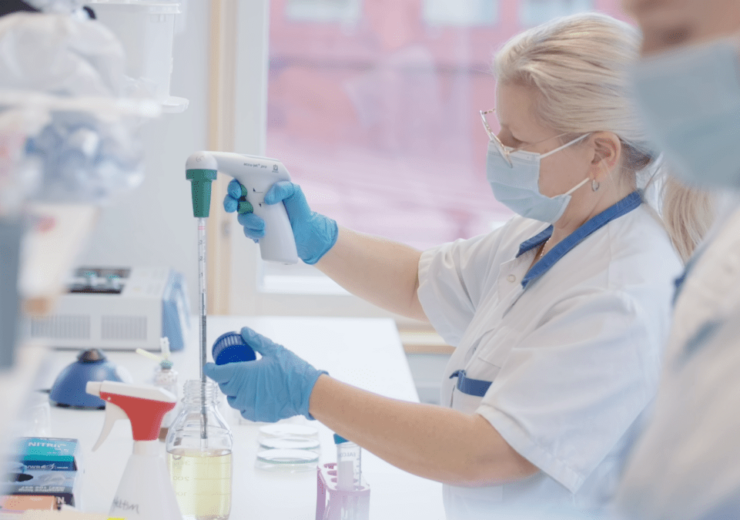The QuickMIC system gives ultra-rapid and precise results to enable patients with sepsis to obtain an individualised suggestion for the appropriate antibiotics to take and their dosage

Gradientech signs exclusive distribution agreement with Biomedica for commercialisation of QuickMIC. (Credit: Gradientech)
Swedish diagnostic company Gradientech has signed an exclusive distribution agreement with Biomedica for the commercialisation of QuickMIC in Austria, Switzerland and Central Eastern Europe.
The QuickMIC system gives ultra-rapid and precise results to enable patients with sepsis to obtain an individualised suggestion for the appropriate antibiotics to take and their dosage.
The system’s flexible modular design enables hospitals to start small and then expand up as necessary.
Gradientech CEO Sara Thorslund said: “We are very proud to present Biomedica as our first distributor in Europe, a significant milestone for the company and a perfect partner to roll out the QuickMIC system in Europe.”
Biomedica managing director Dr Petra Wiedemann said: “At Biomedica, we aim to meet all our customers’ needs at the highest level.
“Innovation is one of our core values and adding the product line from Gradientech is a perfect addition to our Sepsis portfolio in that respect.
“It not only strengthens our position in a strategically important segment where we have major expertise, it also enables to improve clinical decisions in a time-sensitive environment.”
Gradientech sales vice president Peter Karlberg said: “Biomedica is an excellent partner for several reasons.
“They have solid experience, a complementary product portfolio for sepsis and the significant expertise needed to make the QuickMIC system a market leader for ultra-rapid antibiotic susceptibility testing at their markets.”
With 280 employees, Biomedica is a supplier of in-vitro diagnostics, medical devices, and life science products for more than 40 years.
The company provides tests to help researchers and medical professionals make discoveries, comprehend illnesses better, facilitate the conversion of research into diagnostics, and aid in the understanding of pathologies.
